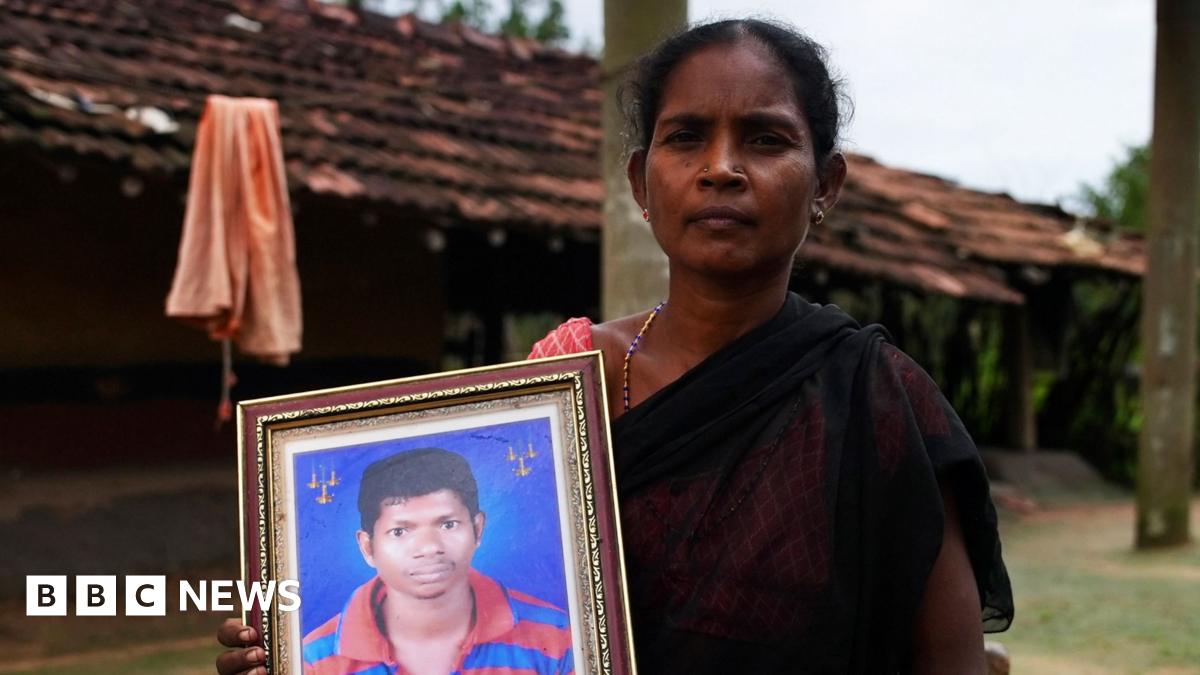Locals and tribal communities in central and eastern India have long found themselves caught in a crossfire between Maoist rebels and government security forces.
The Maoist insurgency - an armed movement seeking to establish a communist state - has persisted for nearly six decades and claimed thousands of lives.
Left-Wing Extremism (LWE), as it is officially called, began in 1967 as an armed peasant revolt in West Bengal and, by the mid-2000s, had spread to nearly a third of India's districts. In 2009, Prime Minister Manmohan Singh called it the country's "greatest internal threat".
Last year, the Indian government set a March 2026 deadline to end the insurgency and launched intensified security operations under its "ruthless" containment strategy.
Between January 2024 and September this year, security forces killed more than 600 alleged rebels, according to the South Asia Terrorism Portal (SATP), external. This includes several senior members of the banned Communist Party of India (Maoist).
To tighten control over Maoist-dominated regions, the government also set up dozens of new security camps, particularly in Chhattisgarh, a central Indian state where tribal communities make up around 30% of the population and live deep within its dense forests.
Amid the crackdown, the rebels announced earlier this year that they were open to conditional peace talks with the government.
Officials, however, have ruled out negotiations unless the Maoists lay down their arms. They say that the government's actions are not just necessary but also seem to be working. According to the federal home ministry's annual report, external, security forces carried out nearly twice as many anti-Maoist operations in early 2024 compared with the same period in 2023 and the number of rebels killed was five times higher.
But rights activists worry about the human cost of these operations.
Maoist-affected regions remain among India's poorest and most underdeveloped, despite rich natural resources, with ordinary citizens - especially tribal communities- bearing the heaviest burden.
[SRC] https://www.bbc.co.uk/news/articles/c9qj9w5qyngo
 Visit the website
Visit the website

